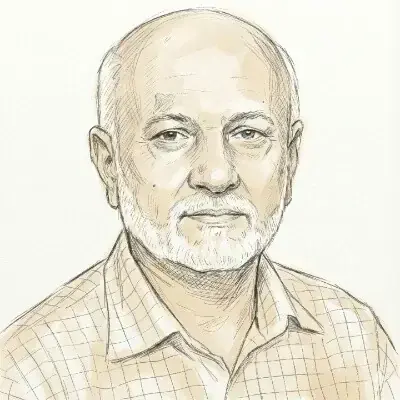ISLAMABAD: The United Nations Office on Drugs and Crime (UNODC) said on Thursday that criminal networks operating in Pakistan generated about $927 million through human trafficking and migrant smuggling in 2013.
The UNODC released a report, titled “Socio-Economic Impact of Human Trafficking and Migrant Smuggling”, and quoting the interior ministry said that over 1,000 criminal networks in the country were involved in the illegal trade.
Introducing the report, UNODC representative Cesar Guedes said that political instability in South Asia and the Middle East was providing opportunities to such networks to expand their “business”.
Take a look: 12 rescued victims of human trafficking return from Somalia
Data presented in the report indicate a constant increase in the profits of the criminal networks — from $797m in 2007 to $927m in 2013.
According to the report, human trafficking and migrant smuggling have generally registered an increase from 2007 to 2013 in Pakistan.
The report adds that existence of established smuggling routes can be linked to increased terrorism because the routes can be used to move illegal drugs and members of extremist organisations with a legal footprint.
The research carried out by UNODC has found that a bulk of ‘illegal migration’ is occurring from Punjab province, particularly from Gujrat, Gujranwala, Mandi Bahauddin, Dera Ghazi Khan, Multan and Sialkot.
Numbers recently provided by the Federal Investigation Agency (FIA) show that the highest interceptions of potential victims of human trafficking and migrant smuggling at Pakistani borders are being reported in the port of Gwadar followed by Quetta and Turbat, the report says.
It has previously been observed that the largest number of deportees who come through the sea route arrive from Oman and those coming by air from Spain and Turkey.
The cities with highest numbers of interceptions in the country are Lahore, Gujranwala, Faisalabad and Peshawar.
According to the FIA, the major routes used for human trafficking and migrant smuggling are: Pakistan to United Arab Emirates via Iran and Oman; Pakistan to Greece via Iran and Turkey; and Pakistan to Spain via Middle Eastern and West African countries.
Published in Dawn, February 20th, 2015
On a mobile phone? Get the Dawn Mobile App: Apple Store | Google Play


































